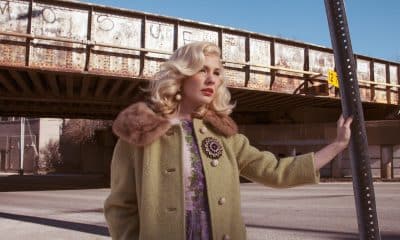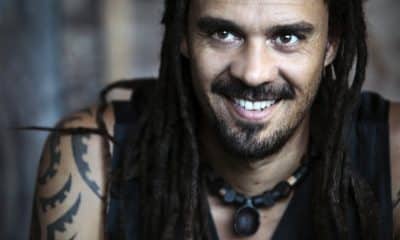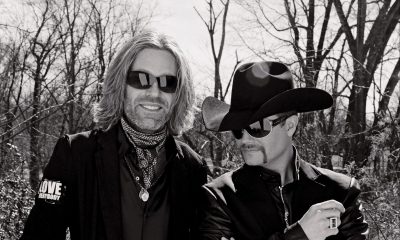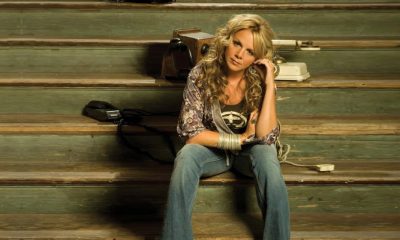Interviews
The Noise Beneath The Apple: Geovanni Suquillo Brings Flamenco Fire to the New York Underground
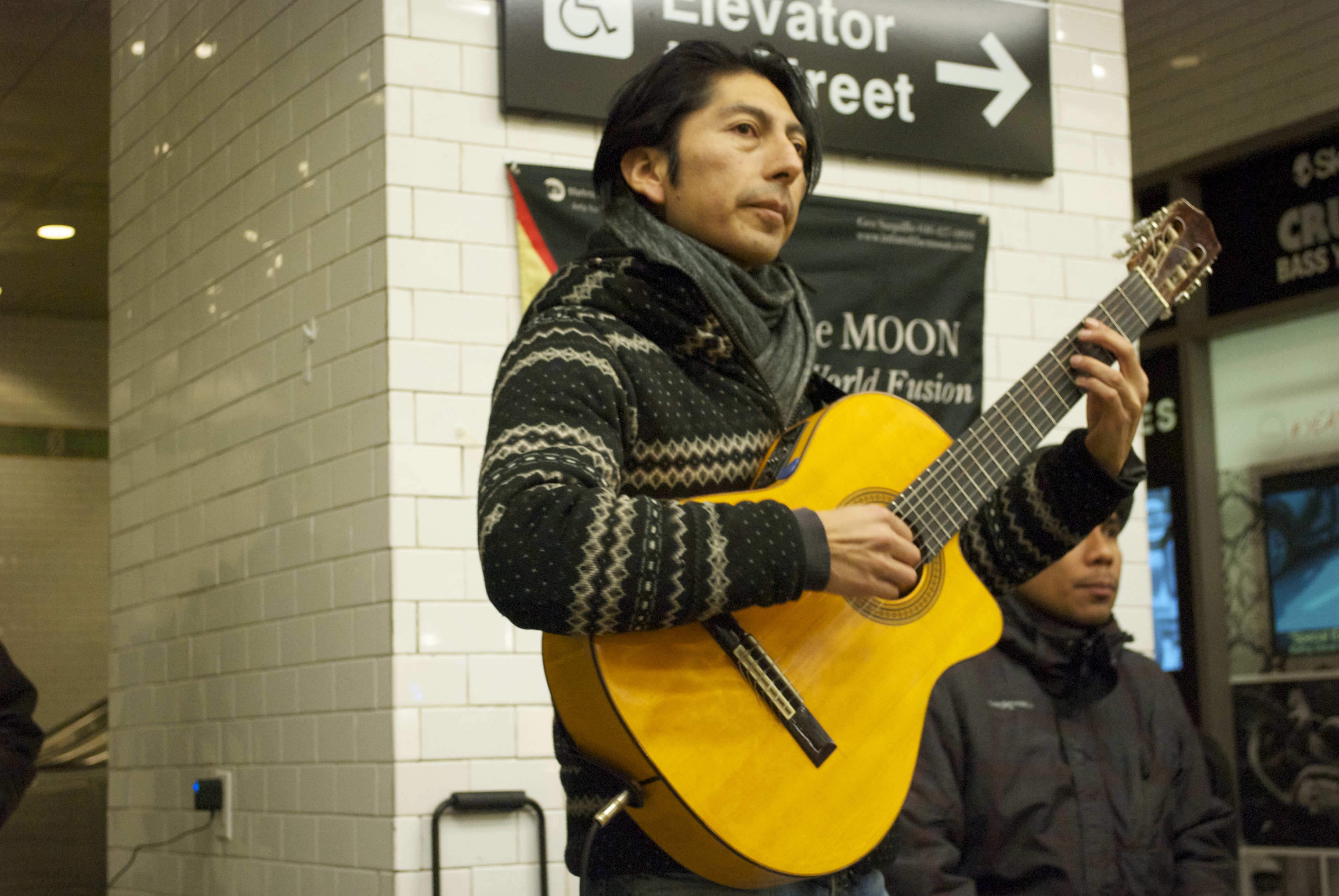
It’s 6 am in New York—3 am on the west coast—when the phone rings.
It’s my mother.
“Good Morning,” I answer. “What are you doing up so early?”
An unnecessary question; she’s always up early. More to the point—why is she calling me this early?
“Is it true?” she asks.
“Is what true?”
“That you’re selling condoms on the street corner in New York City?”
“Oh, that. Yes, that is true.”
I was caught selling Obama condoms in Union Square. I was caught on video, which is incontestable evidence. That video made it to YouTube, which made it to my son’s Facebook page, via his friend in Hollywood, which in turn made it to my mother’s breakfast table in Oregon…all in about 37 minutes flat from the time of posting.
I can see my mother sitting in the rooster-patterned chair, under the John Wayne clock, drumming her fingers on the oak side table while sipping coffee and smoking a cigarette. This career move does not please her.
“Well, who’s on that computer thing?”
“Everyone.”
“Not everyone,” she corrects. “We’re not.”
It’s now 6:26 am, and this day has “long” written all over it.
Later, with my Obama Condom sign in hand, I trek across the street to the R train, bound for my exclusive Manhattan office on the street corner of 14th & Union—right in front of Whole Foods. As I exit the train and head up the steps, I stop. More accurately, I was caught by a passionate flurry of Flamenco guitar, mixed with classical violin and bongos. I found myself frozen in my spot, singing along with the tune.
“It ain’t what they call rock and roll…and the sultans played creole…the sultans of swing….”
Suddenly, it was worth the early morning phone call, missing the L train and standing in the rain. Worth it to be swept away in the notes, in the silences, in the passion that is Geovanni Suquillo playing Flamenco-infused rock and roll in the New York City underground.
So, how does a classically trained guitar player from Quito, Ecuador—a city of nearly two million people, and almost three thousand miles away—come to busk in the New York City subways?
Well, Hewlett Packard, of course.
Suquillo’s brother, an electrical engineer, had come to the United States to take some courses from Hewlett Packard. Through this connection, Suquillo received an invitation to perform at an HP event in Miami, Florida. He immediately knew he wanted to stay and that it was here in American where he would make music his career. He moved to New York, “Because it is a world city, where you are immediately welcomed. It is a city where no one is a stranger,” he says. “Dreams take root and grow here.”
That was eight years ago.
Ecuador: A country rich in history, steeped in culture, birthplace of Darwinism. Her beauty is unparalleled. She is home to 15% of the world’s known bird species, 6,000 species of butterflies, and 16,000 species of plants. The nation is classified as one of 17 “mega diverse” countries in the world. It was there that Suquillo, son of Ecuadorian farmers, spent his childhood.
But life was not easy in the rural mountain town of Valle de Chillos.
“In Ecuador, it is very difficult to survive—doing anything, really. But definitely [it’s hard to survive] on music,” he explains. “To give an idea, a teacher in Ecuador can make $200 a month. A mason can make the same thing, maybe more. It is more difficult with music. Most people prefer something more ‘easy listening’ and popular.”
Suquillo began playing instruments at the age of 12, and at that time he put it in his mind to make music his profession. So, he took lessons and learned how to play all sorts of Andean instruments, including the charango, which is a small string instrument from the lute family made from the shell of an armadillo. This ten-stringed instrument was invented in the 18th century in Peru, and its unique sound was made popular by The Gipsy Kings. Suquillo immediately connected to the fervor and spirit of the small instrument, becoming masterful in its performance. He then went on to school to study classical Spanish and Flamenco guitar.
Following, he played on the streets of Ecuador for a short time, but the poor economy in his homeland made it virtually impossible to earn enough money to live. A sharp drop in oil prices in the 90s—followed by El Nino—contributed to the deterioration of the economy. So Suquillo worked as a music teacher, giving private lessons.
And then, the opportunity to come to America, presented itself.
“When I first arrived here, I didn’t speak English,” he recalls. His only frame of reference for the culture was Hollywood movies—complete with images of fast cars, BOTOX-laden ladies and streets practically paved with money.
Upon his arrival, he went to school for a year to learn the language while watching television with subtitles. But, mostly, he spent hours wandering the streets of New York City, translating the words that floated there.
“I had a different idea of the US, when I came,” he says. “In the movies, you’re always traveling, always in the car, going to shows and restaurants. Those things are here, but there are lots of things I like to do. New York is more real than the movies or television shows. I love to go to museums. I love yoga. I love all the people. I love the park. I love the train.”
“Why did you decide to go underground?” I ask.
“I came to this country with many goals and I am still reaching for those goals,” he explains. “I’m a very peaceful person, so I am not going to do anything in my life that I don’t like, because if not, I’m going to feel miserable. I won’t do something because of society. Since I decide to be in music, I decide to put in my mind and live off music. I went underground because not everyone did it,” he says.
According to Suquillo, a lot of people get tired and give up after a month of playing underground. “Playing in the subways is hard. Most of the time, people ignore you. Sometimes they stop,” he says. “New York is hard, because you have to be really good—or you don’t do it. You can’t do it. New York won’t let you.”
Suquillo’s musical inspirations are wide and varied, with one common theme—passion.
“I always keep my t-shirt of Hendrix with me. Maybe I wear it, maybe it is in my case, but it is with me, because Hendrix had passion. Even if you don’t like his music…he did it with a lot of passion.”
After the words have passed through your day, you may not remember what they said. But one thing remains certain: long after the L train has left, the condoms have changed from Obama to a new president, the rain has stopped dancing overhead, you will remember the way Geovanni Suquillo made you feel in the New York underground.
- Lists13 years ago
Top 10 Country Music Albums of 2010
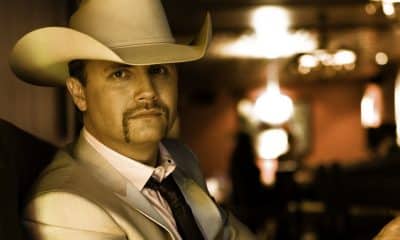
 Interviews5 years ago
Interviews5 years agoJohn Rich – The Interview
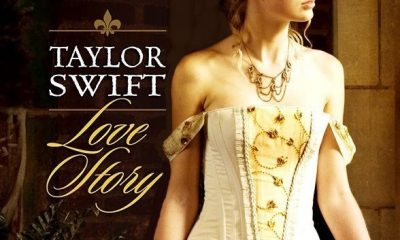
 Song Reviews16 years ago
Song Reviews16 years agoTaylor Swift – “Love Story”

 Interviews5 years ago
Interviews5 years agoHoneyhoney on Hiatus: Revisit our 2008 Interview with Suzanne Santo
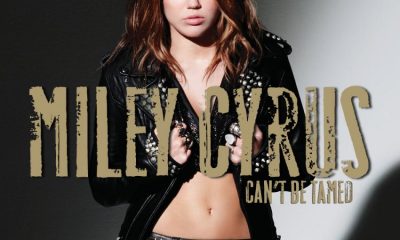
 Album Reviews14 years ago
Album Reviews14 years agoAlbum Review: Miley Cyrus – Can’t Be Tamed
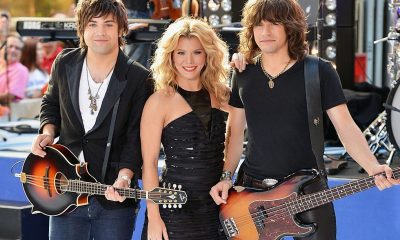
 Song Reviews6 years ago
Song Reviews6 years agoThe Band Perry – “Hip To My Heart”
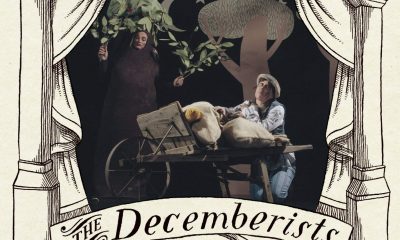
 Columns5 years ago
Columns5 years agoThe Link Between Folk Music’s Past and Present
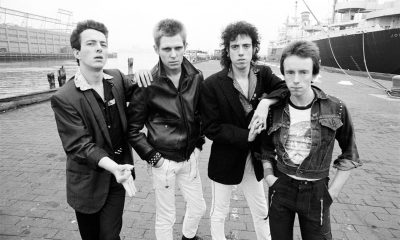
 Columns5 years ago
Columns5 years agoIs Marketing Killing Rock and Roll?


